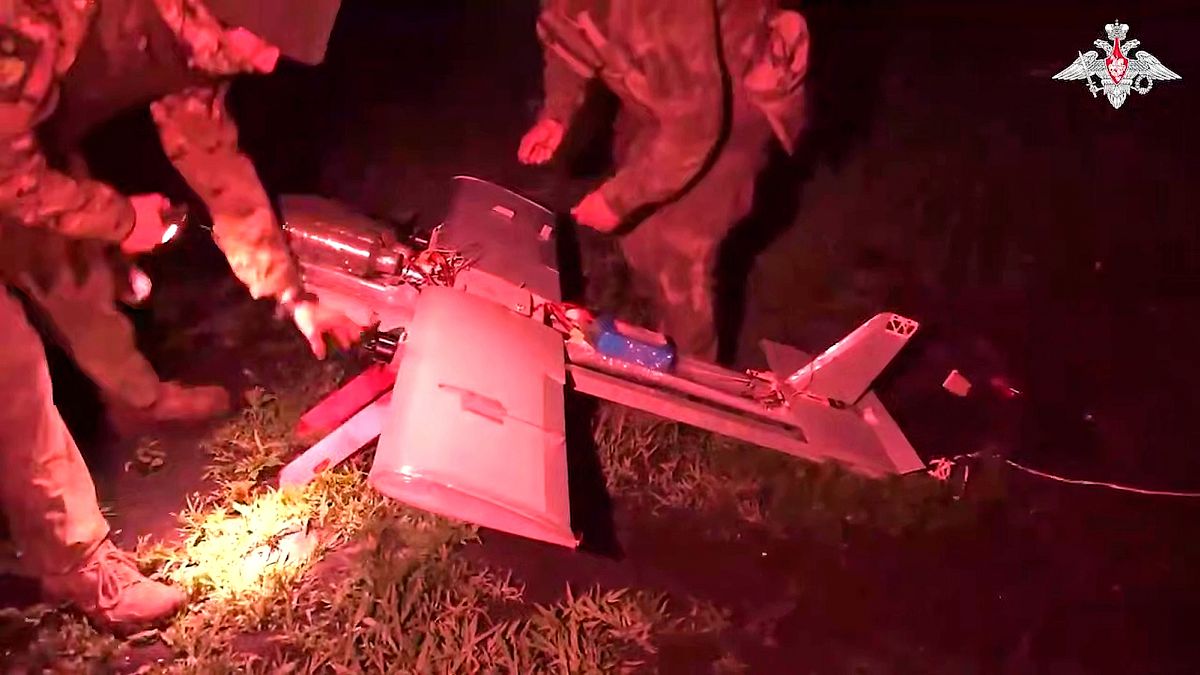

In a rapidly changing world, tensions and humanitarian concerns have come to the forefront in recent global events. The strife between nations and the plight of civilians caught in these geopolitical shifts underscore the urgency for addressing these pressing issues holistically and compassionately.
Ukraine recently experienced a significant development as Ukrainian drone attacks targeted a Russian oil depot in Sochi, leading to a substantial fire, according to Russian authorities. This incident followed a week marked by intense activity in Ukraine, with reciprocal strikes from both sides culminating in casualties in Kherson and Kyiv. While these events reveal the ongoing complexities in Ukraine, they also highlight the resilience and determination of Ukrainians navigating these tumultuous times.
Simultaneously, in Gaza, the situation remains fraught with challenges as U.S. and Israeli relations experience a pivotal moment. Tragically, recent reports disclosed that Israeli fire resulted in multiple casualties among Gaza residents seeking humanitarian aid. Meanwhile, humanitarian efforts continue with planes delivering essential supplies despite considerable obstacles. On the diplomatic front, U.S. officials, including Ambassador Steve Witkoff, have been actively engaging with families of hostages and other affected parties, emphasizing the importance of dialogue and international cooperation.
The landscape in Gaza is further complicated by discussions of voluntary migration, a policy that has stirred significant debate due to its potential implications. Critics voice apprehensions about forced displacement and its impact on the local population, signaling a need for careful consideration of policy directions in this delicate region.
Across the globe, humanitarian concerns resonate strongly. In Sydney, a large-scale protest drew thousands, including prominent figures such as Julian Assange and Bob Carr, who marched across the iconic Harbour Bridge to advocate for an end to the suffering in Gaza. The significant turnout, despite adverse weather conditions, is a testament to the global community’s empathy and solidarity toward those in distress.
In another part of the world, tensions rise as the United States and Russia navigate a challenging geopolitical landscape. Former President Donald Trump’s decision to deploy nuclear submarines nearer to Russia symbolizes a strategic decision in response to perceived threats. These developments underline the ongoing complexities in international relations, where diplomacy and strategic power plays are in constant motion.
Moreover, Ukraine’s recent efforts to combat corruption mark a significant stride in upholding governance and transparency. The exposure of a major corruption scheme in defense procurement underscores Ukraine’s commitment to rebuilding its institutions and fostering integrity within its national framework. This resolve is further evidenced by the restoration of independence to the country’s anti-corruption bodies, signaling a constructive move toward enhancing public trust and accountability.
As these multifaceted issues unfold, they underscore a crucial narrative—the interconnectedness of modern societies and the importance of addressing humanitarian, political, and environmental challenges with a spirit of cooperation and goodwill. The global response to these circumstances remains crucial, urging collective efforts for peace and stability.
In these times, the power of proactive communication and collaborative international engagement serves as a beacon of hope. By fostering mutual understanding and coordinated action, the global community can navigate these challenges, ultimately contributing to a future defined by peace, resilience, and shared prosperity.
Source: {link}
